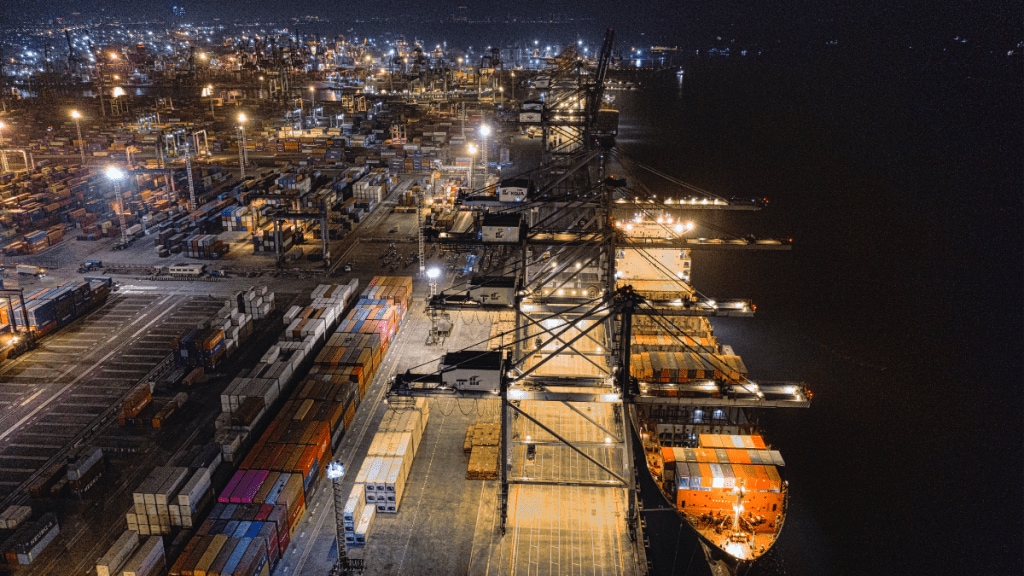Long-term freight contracts might not be immediately impacted by the onset of the Iran-Israel war, but an adverse effect could be felt if the tensions continue, a senior official said Monday. To address the challenge being faced by exporters. a meeting of all stakeholders would be called this week, he added. “It is too early to assess the impact of the tensions. We are monitoring the situation,” commerce secretary Sunil Barthwal told reporters.
The export promotion organisations, shipping lines, the container organisations and departments concerned will be participating in the meeting.
Exporters have stated that if the war spreads then it would impact world trade and push up both air and sea freight rates as movement of ships through the Red Sea and Strait of Hormuz would be impacted.
After a long gap following the October 2023 attack on Israel the cargo ships had gradually started returning on Red Sea routes, saving them 15-20 days while moving to US and Europe from India and other parts of Asia. This route could become dangerous and ships might start avoiding it again.
Around 80 % of India’s merchandise trade with Europe passes through the Red Sea and substantial trade with the US also takes this route. Both these geographies account for 34% of the country’s total exports. The Red Sea strait is vital for 30% of global container traffic and 12% of world trade.
As Iran is directly involved in the war, navigation through Strait of Hormuz could also be impacted. Already there have been voices within Iran asking for blocking this route.
The Strait of Hormuz, located between Oman and Iran, connects the Persian Gulf with the Gulf of Oman and the Arabian Sea. Around 21% of global petroleum liquids consumption passes through that route. China, India, Japan, and South Korea were the top destinations for crude oil moving through the Strait, Oman also uses this route to supply liquefied natural gas to India.
According to Global Trade Research Initiative founder Ajay Srivastava, nearly two-thirds of India’s crude oil and half of its LNG imports pass through the Strait of Hormuz, which Iran has now threatened to close.
Any closure or military disruption in the Strait of Hormuz would sharply increase oil prices, shipping costs, and insurance premiums—triggering inflation, pressuring the rupee, and complicating India’s fiscal management, he added.

